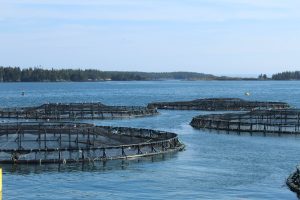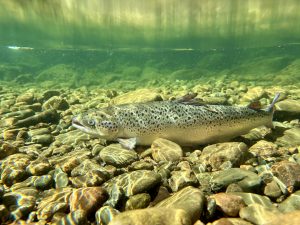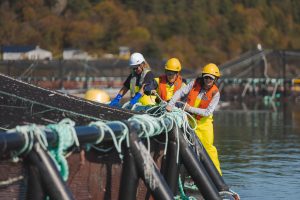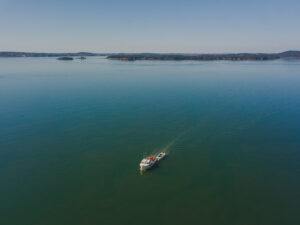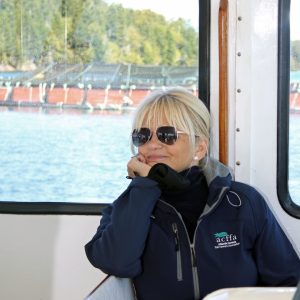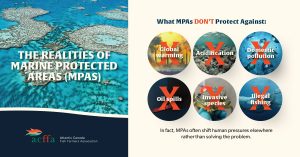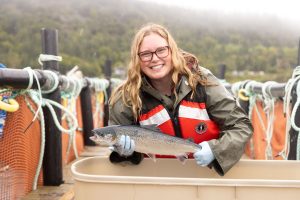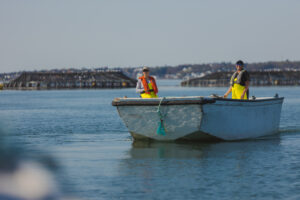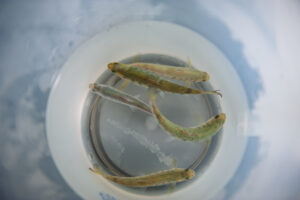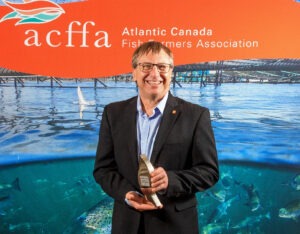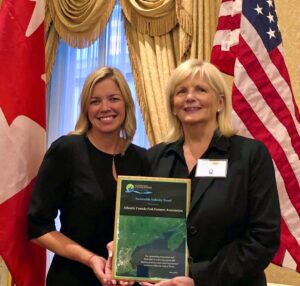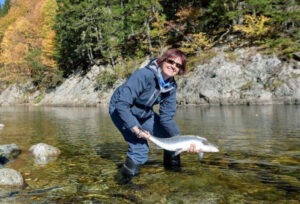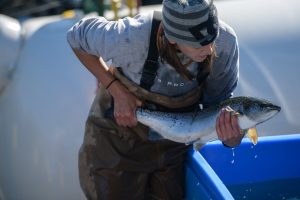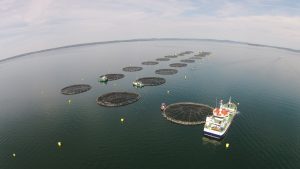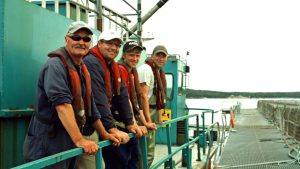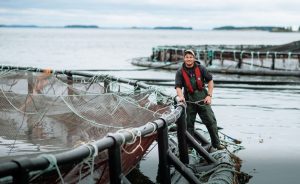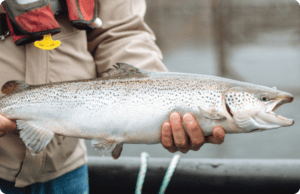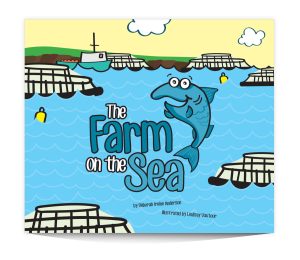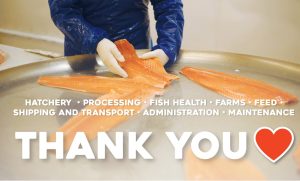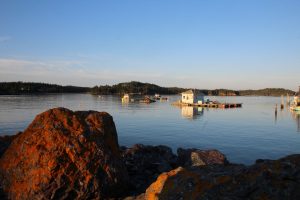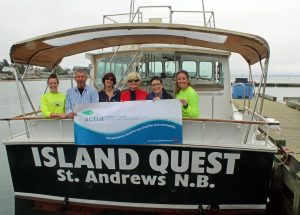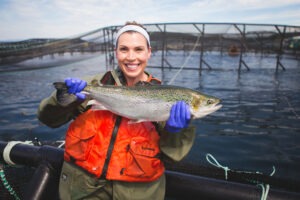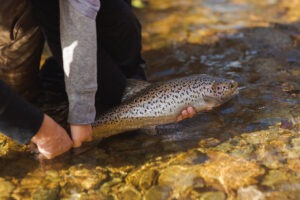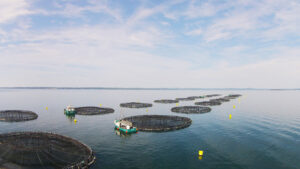These include research and academic organizations like Dalhousie University, IT and tech companies, boat builders, maintenance and gear supply enterprises, and a broad range of consultant services.
Recently, the Nova Scotia Department of Fisheries and Aquaculture released the final recommendations from the Nova Scotia Aquaculture Regulatory Advisory Committee (NSARAC). The fish farming sector provided input into the recommendations and welcomed them, especially the section on regulatory rightsizing, which if followed, will help farmers continue to grow sustainable seafood.
What’s frustrating, however, is the fact that many of these recommendations are a decade old from the Doelle-Lahey Panel on the Independent Aquaculture Regulatory Review for Nova Scotia.
While the other Atlantic provinces have clearly recognized the importance of sustainable fish farming to their food security and economy and articulated how to achieve their visions for this vital sector, successive Nova Scotia governments over the past decade continue to chase their tails in what appears to be the hope of achieving the unachievable: 100 per cent public support.
In 2021, Nova Scotia joined the other Atlantic provinces in signing a Memorandum of Understanding with a shared vision for the development and management of the region’s aquaculture sector. In 2022, Atlantic Premiers reinforced that support and clearly articulated the vital role aquaculture plays in our region’s food security and economic growth.
Yet, despite this, Nova Scotia has not taken the most important step needed to live up to those public commitments; it has not developed a vision for its fish farming sector and a strategy to achieve it. Instead, the government is stuck on reviewing topics that have already been reviewed and revising regulations that have already been revised. It’s akin to endlessly changing the floorplans of a house before even deciding what kind of house you want.
Over the past four decades, Nova Scotia has built a salmon farming sector that is recognized globally for its sustainable and environmentally responsible production. The province produces 50 million meals of farmed salmon yearly, creating 886 jobs and generating $213.5 million. (RIAS Inc 2020).
At a time when the world is urgently seeking out climate-friendly, sustainable solutions to food production and Atlantic Canada is poised for an “economic breakout” due in large part to its population growth, farmed salmon shines as one of the most energy efficient farmed animals that is produced with a minimal environmental impact.
Nova Scotia has an extraordinary opportunity to continue to sustainably develop its salmon farming sector while helping coastal communities and small and medium businesses supplying the sector with goods and services thrive.
That cannot happen without decisive vision by elected representatives first.
I urge the Nova Scotia government to clearly articulate its vision for fish farming. Then, once that vision is in place, ongoing research, continued public engagement, investment and collaboration can transform that vision into reality.
— April 12, 2023 —

